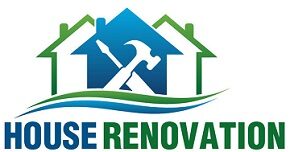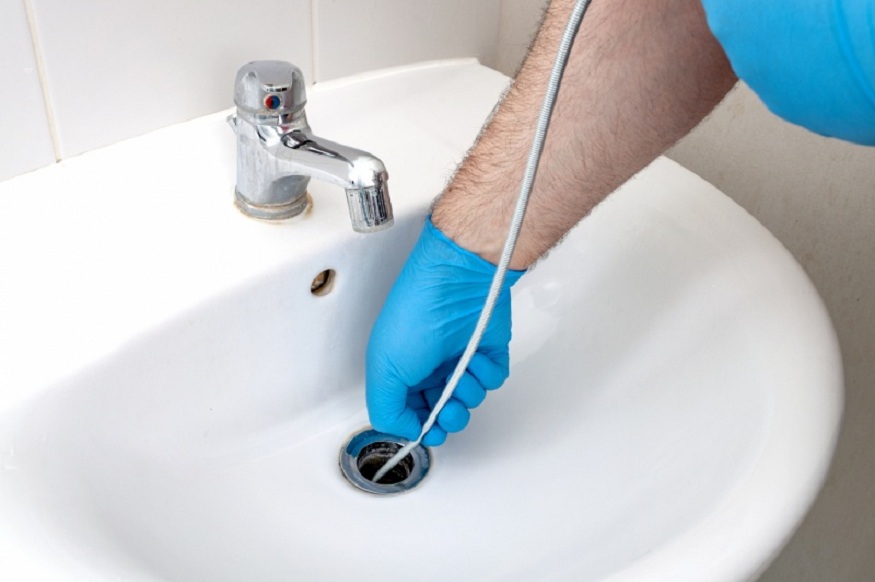As the seasons change, so do the challenges faced by your sewer and infrastructure. Temperature fluctuations, shifting soil, and increased precipitation can all impact the performance and longevity of these essential systems. Without proper preparation, seasonal shifts can lead to leaks, blockages, and even significant damage, resulting in costly repairs. Understanding how each season affects your home’s underground systems can help homeowners and a plumber in Atlanta take proactive measures to prevent potential problems and maintain efficient water line installation
year-round.
Winter: The Risk of Freezing Pipes
Winter is one of the most challenging seasons for underground piping, as freezing temperatures can cause pipes to freeze and burst. When water freezes, it expands, putting immense pressure on the material and increasing the risk of cracks or ruptures. Homes with uninsulated or shallow pipes are particularly vulnerable to this issue. Once a pipe bursts, it can lead to significant liquid loss, structural damage, and high repair costs. To prevent freezing, insulating exposed pipes, sealing drafty areas near plumbing, keeping faucets dripping during extreme cold, and ensuring proper heating throughout the home can help mitigate risk. Homeowners should also be aware of the dangers of ice buildup in sewer lines, which can cause slow drainage or complete blockages that require professional attention.
Spring: Thawing and Soil Shifts
As temperatures rise in the spring, frozen ground begins to thaw, leading to shifts in soil that can affect underground sewer and drainage systems. The ground movement can cause pipes to crack or joints to become misaligned, leading to slow leaks, pressure imbalances, or inefficiencies that may go unnoticed until larger problems arise. Additionally, increased rainfall and melting snow saturate the soil, further destabilizing underground piping. When soil becomes too wet, it can cause pipes to sink or shift, leading to misalignment and potential breakage. Regular inspections and maintenance during spring can help detect early signs of damage before they become major issues. Homeowners should also ensure proper drainage around their property to prevent excessive soil saturation and erosion.
Summer: Increased Liquid Usage and Pressure Issues
Warmer weather often brings higher liquid demand due to activities like lawn irrigation, car washing, and increased household consumption. This spike in usage can strain older or weakened plumbing systems, leading to leaks, pressure fluctuations, or even pipe failures. In addition, tree roots become more active in the summer, growing aggressively in search of moisture. If there are any small cracks or openings in underground pipes, roots can infiltrate and cause severe blockages or structural damage. This can lead to slow drainage, recurring clogs, or even complete sewer system failures. Installing root barriers, monitoring pressure, and scheduling routine plumbing check-ups can help mitigate summer-related plumbing issues. Additionally, homeowners should be cautious of sudden pressure drops, which may indicate underlying pipe damage or leaks that need immediate attention.
Fall: Leaf Debris and Drain Clogs
Autumn introduces a new set of challenges for sewer and drainage systems, primarily due to falling leaves and organic debris accumulating in gutters, drains, and sewer lines. Blockages can lead to slow drainage, backups, and potential flooding during seasonal storms. As temperatures begin to drop, soil contraction may also start affecting buried pipes, increasing the risk of misalignment or breakage. Additionally, fall often brings increased rainfall, which can exacerbate pre-existing issues with underground infrastructure. Keeping outdoor drainage systems clear, ensuring proper gutter maintenance, and regularly checking for signs of blockages can help reduce the risk of seasonal clogs. Homeowners should also consider professional drain cleaning services before winter sets in to ensure smooth flow and prevent backups during the colder months.
Each season presents unique threats to sewer and drainage systems, making year-round maintenance essential for avoiding costly repairs and unexpected disruptions. By taking preventative steps—such as insulating pipes in winter, inspecting soil conditions in spring, managing water usage in summer, and keeping drains clear in fall—homeowners can ensure their water line installation remains in top condition. Additionally, scheduling regular professional inspections can help identify potential issues before they become major problems. If you suspect any issues with your water line installation, contacting a professional for an assessment and necessary repairs is the best way to maintain a reliable system throughout the year. A plumber in Atlanta can help prevent damage, extend the lifespan of underground piping, and save homeowners from unnecessary expenses in the long run.

